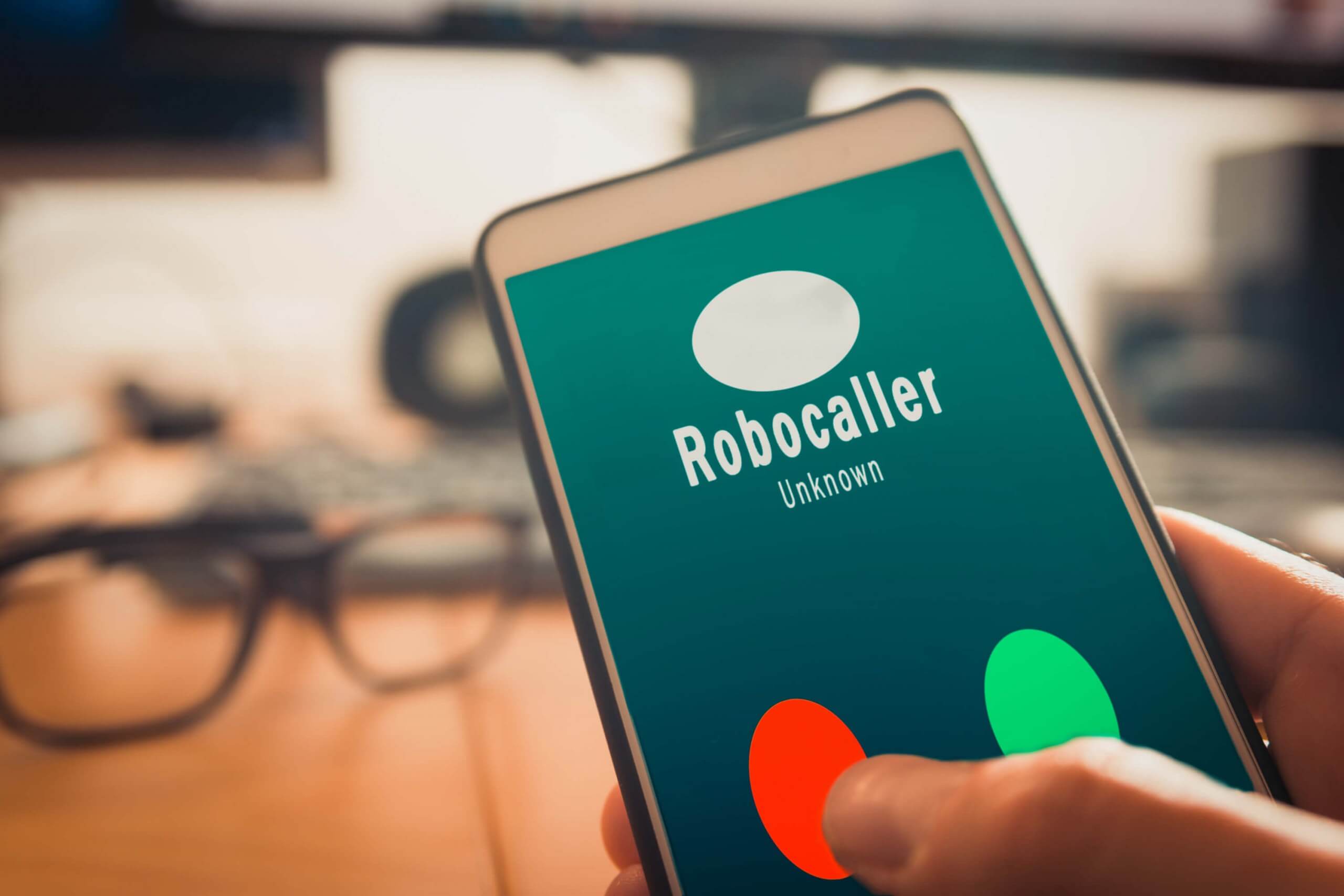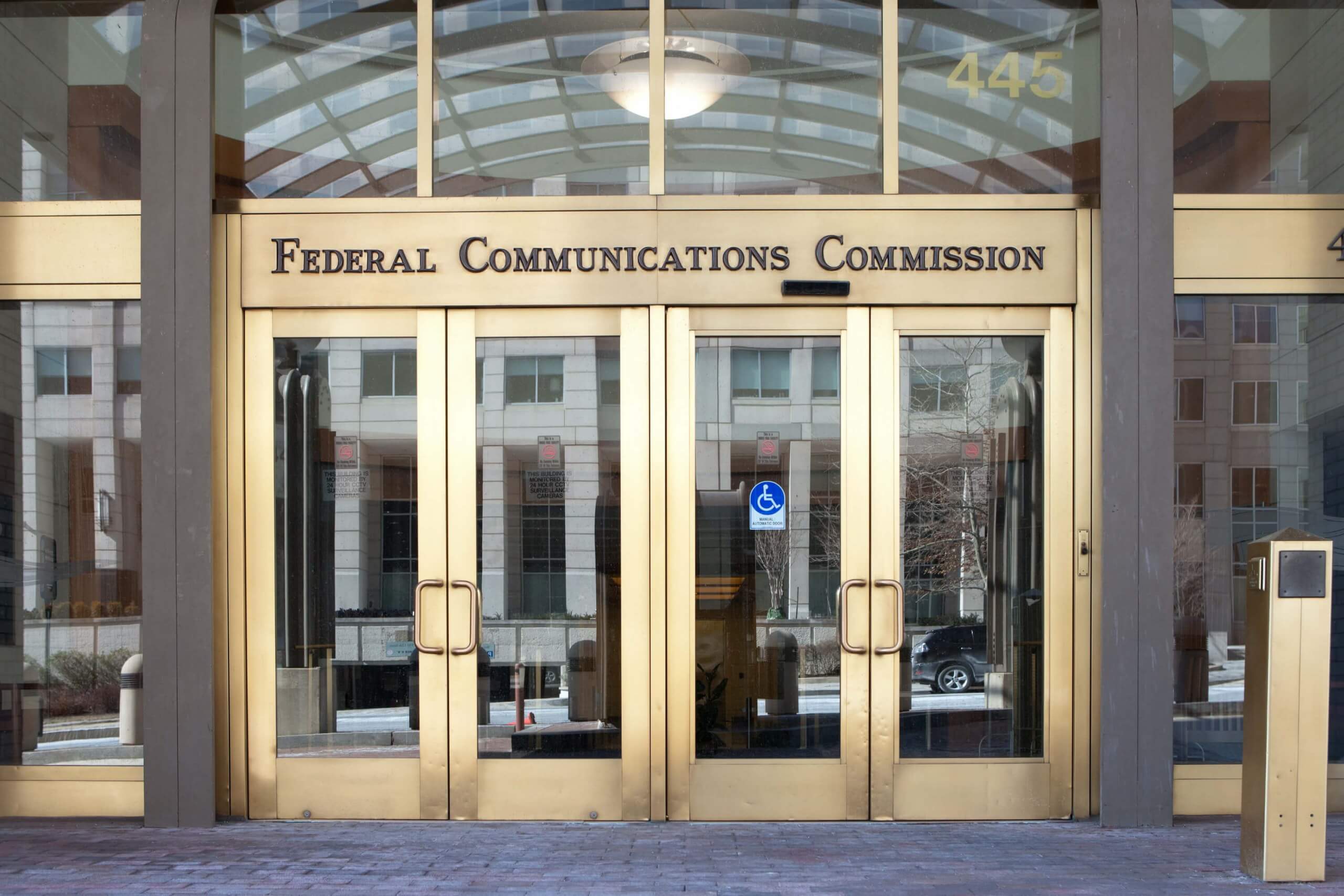What just happened? On Tuesday, the Federal Communications Commission announced new rules that will require all phone companies have the STIR/SHAKEN framework implemented by June 30, 2021. The FCC has been pushing the deployment of the system since 2018.
A little over a year ago, FCC Chairman Ajit Pai strongly urged carriers to have the STIR/SHAKEN (aka SHAKEN/STIR) authentication protocol in place by the end of 2019. A threat of "regulatory intervention" accompanied the recommendation if companies did not meet the deadline
While most carriers have rolled out call authentication to some degree, AT&T and T-Mobile are the only ones to have set up and tested the framework across networks. Others have only partially deployed the system at best. Now the Commission is mandating providers have the work done by next summer.
"Today's Order requires all originating and terminating voice service providers to implement STIR/SHAKEN in the Internet Protocol (IP) portions of their networks by June 30, 2021, a deadline that is consistent with Congress's direction in the recently-enacted TRACED Act," the FCC said in a press release.

Congress passed the TRACED Act last year, which upped the penalties against companies making fraudulent automated calls and using spoofed phone numbers. Spam callers now face fines of up to $10,000 per call. It also has a provision that allows punishments to be imposed without warning, meaning no slaps on the wrist for a first offense. However, the Commission did not note what penalties companies might face for not meeting next year's June 30 deadline.
As we have mentioned before, there is no magic wand that is going to eliminate the robocall problem completely. Many of these companies are offshore and are hard to force to comply with US regulations. Additionally, having carriers deploy the system is one thing, but making sure all devices can properly use it is another, as we saw with Apple's ineffectual implementation of the protocol in the iOS 13 update.
So there is likely still a long way to go before we really see effective control over the annoying calls, but today's regulatory push is at least a step in the right direction.
Masthead credit: Mark Van Scyoc
